In today’s world there are so many more avenues an SLP can take to get a question answered. Yes, there is of course looking in their old text books or notes ( if you still have them ), sifting through research articles and studies, but also, Google, Facebook groups, Pinterest, Instagram, etc. Sooo many more outlets are available for SLPs to find the answers they need. However, fewer and fewer people are reaching out with their questions because of apprehension and fear. Fear of ‘the shamers‘.

Shamers are people who, instead of not saying anything, leaving a helpful comment, or privately messaging a person, berate them in the comments for the world to see. They ‘shame’ for asking a question or thinking in such a way that, in their opinion, besmirches the name of SLP! Perhaps they asked about how to use a certain technique to address a lisp. Maybe they posted that their student finally got a concept they had been working on for a while once they introduced something new and it wasn’t EBP. *gasp*
You don’t know what you don’t know
I think this stems from grad school. Many of us had experiences where you sat, listened, took notes, and nervously answered questions. Asking questions wasn’t really encouraged or if it was, you were still terrified to do it. What if they think I’m stupid? What if they think I don’t belong here? Were some of the questions maybe running through your mind. Our grad school teachings were all so very different. What was covered, how much time was spent on it, what experience you got in clinic. All of this becomes your foundation for your career. So if someone did not have the same experience as you, they may have questions that you feel are pieces of information every SLP should have out of the gate.
You don’t know, what you don’t know, until you have to know it.
Once someone recognizes they need to find more information and he/she turns to experienced colleagues, even if that is in the form of a Facebook group, for help, it is not an open door to make them feel inadequate. They are looking for answers to better serve their students and grow as a professional. This is what we should expect from all SLPs!
Quick side note: I previously mentioned an SLP proudly commenting about a student making progress and the method used being of their own creation, not necessarily an EBP. There is nothing wrong with this! Yes, EBP helps guide us in what can work and perhaps has been proven not too. This is key to our profession and we should always try to use EBP where we can. I highly encourage you to check out The Informed SLP if you are looking for EBP information but are short on time to read all the articles. That said. Children are complex and we as SLPs must find what ways reach them to help them make the necessary linguistic connections for them to make growth. Sometimes it is a strategy from the latest EBP article you read, sometimes it is using MineCraft.
We all have our areas of expertise. Maybe you rock artic or kill it at language intervention. Maybe you are an AAC genius! Maybe cranio-facial is where you shine. Our scope is vast and no one can know everything about everything. Hence, asking questions.
What to do with shaming
If you are in a Facebook group or other platform and see someone post a question or comment and you feel they may need some clarification on, and by clarification you have the urge to tell them they are incorrect or have been doing everything incorrectly the whole time, do not post it in the comments! There are options:
- Momma knows best. If you can’t say anything nice, don’t say anything at all. If their perspective is not ethically harming their students, perhaps this is something you can sit out.
- Private message: If you feel you can’t keep quite, and feel doing so will make you implode, send a private message that professionally and politely clarifies some information. SEMANTICS MATTERS! No one is going to listen to someone who is being rude to them.
If you see some shaming going on in a Facebook group or other platform, you can alert the admin to it. No, this is not tattling. We are not 12 after all. Administrators of Facebook groups what them to be helpful spaces for the individuals involved in them. Shaming people for asking questions obviously doesn’t send that message. Allow those in charge to handle the situation rather than get tangled up in it yourself. While there is nothing wrong to coming to someone’s defense when you share their perspective, doing so in a professional way is always better. Again, semantics matters.
Do you feel speech shaming is an issue?

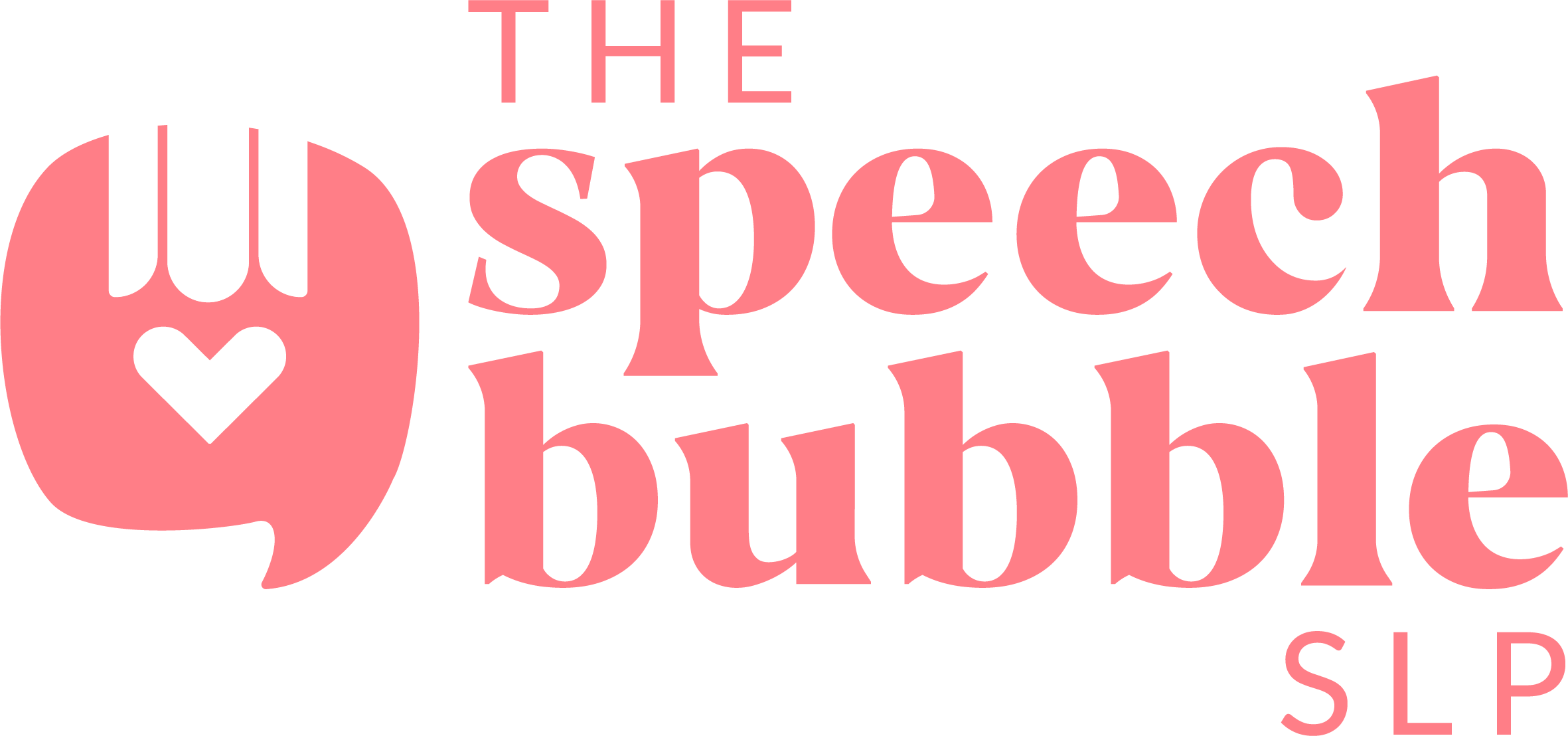






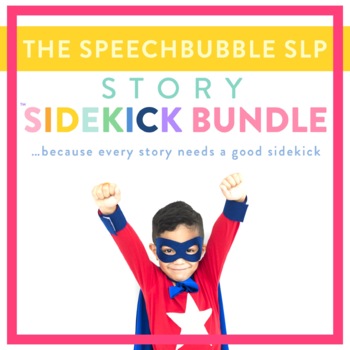
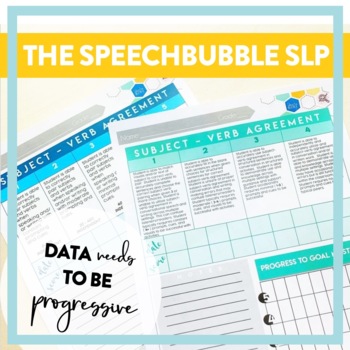




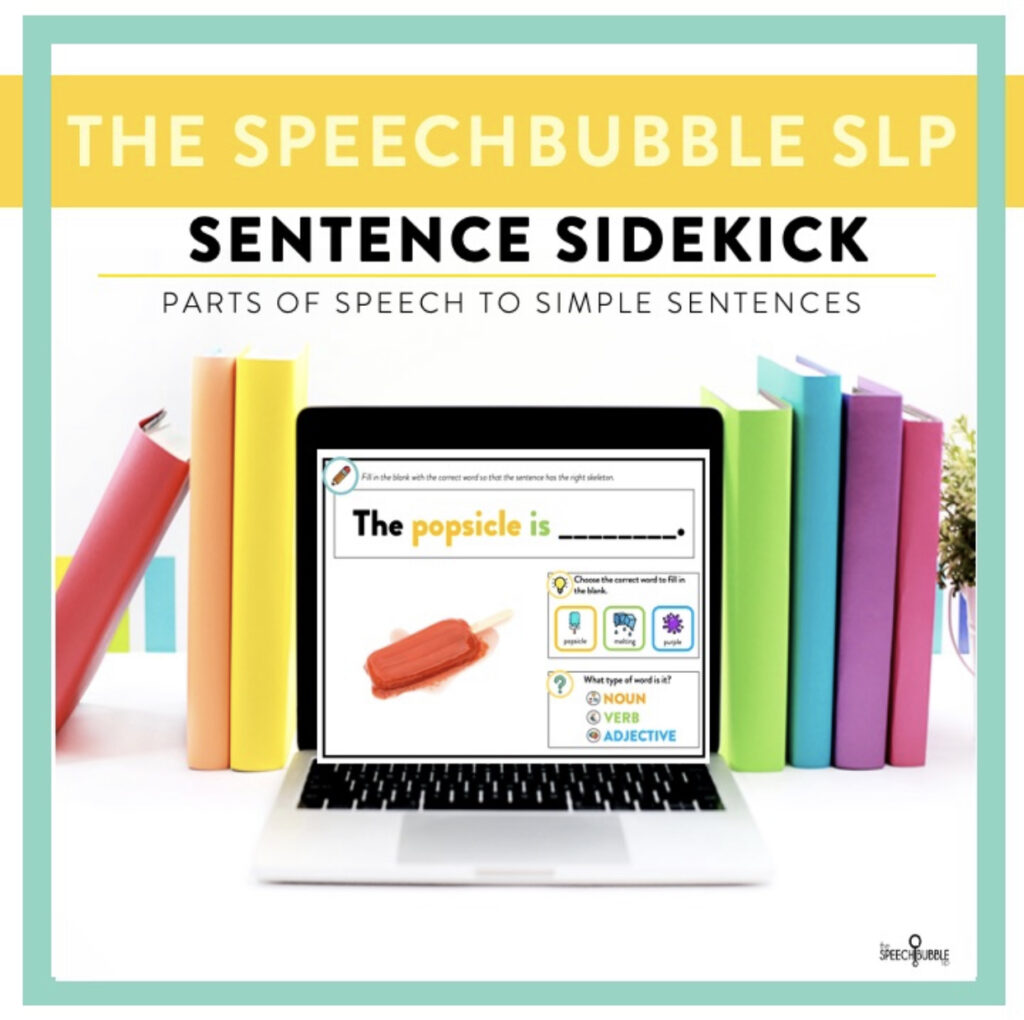


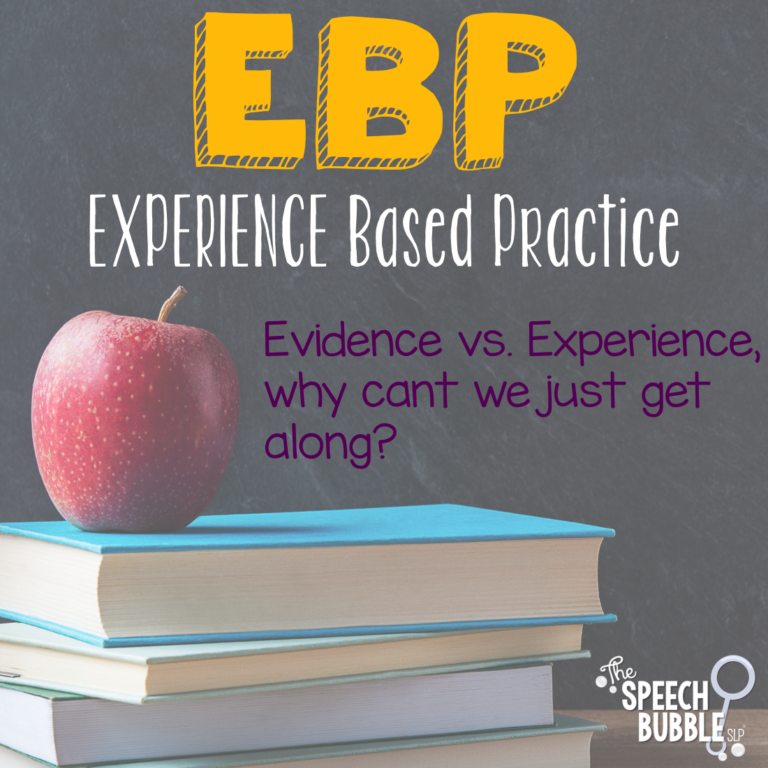


6 Responses
Yes! I am seeing this in many of the SLP groups I’m in on Facebook. Ugh. I think you’re absolutely right, our scope is so huge, and we never know what types of patients/students/clients we will come across. We can’t all be experts in all the areas our scope covers. And I also really agree with you that all our college/CF experiences are so different! Even though ASHA sets requirements for the degree and curriculum, different textbooks and professors can make a huge difference in the overall educational experience. I think we shouldn’t ever be afraid to ask questions when we feel it’s necessary–otherwise, if we avoid them, we could end up harming our clients, and that’s definitely worse. Great post!
Sometimes I do – especially for a long-timer like me. I am starting my 46th year and there is a lot of the ‘latest and newest’ things that the new SLPs are learning that we just didn’t do/have/learn the many years ago. Yes, I have learned things along the way but I still need to ask questions and continue learning from them – and hopefully. them from me but often, with some of our more ‘learned’ younger ( not necessarily in age) SLPs, I get eye-rolls. I figure we all need to learn and sometimes my questions are the same issues that someone else doesn’t understand but they are hesitant to ask – I just go ahead and do it!
Thank you for this post; as an old-timer in the field, I have found that being able to connect with SLPs about every speech/language area has been beneficial to my growth as a therapist, as well as the progress I have seen with my students! Everyone should remember that this field is extremely vast, and so much is being added daily! We need to be able to share our questions, as well as successes, with profession sales that can relate to the sometimes overwhelming depths of our careers!
What an important point for everyone to remember, professionals or not, as the internet quickly becomes a very toxic place. We never know when someone goes the wrong way because of a misunderstanding. After all, our decisions are shaped by what we perceived. Alexandra Casavant strongly emphasizes this message via her book, The Voiceless Voice, which is built around the concept of language and communication. Both of you inspire me to improve my speech. Thank you!